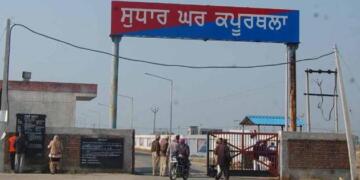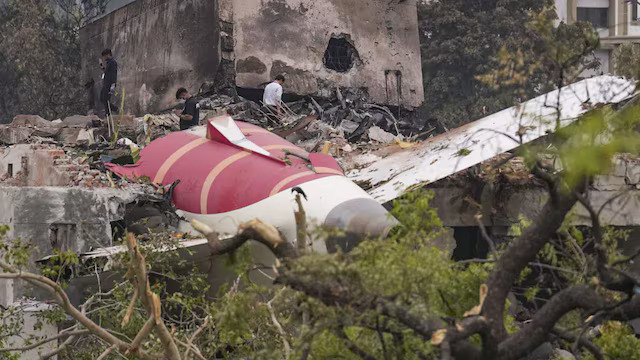In a major breakthrough in the investigation of the tragic Air India plane crash in Ahmedabad, authorities have successfully retrieved and downloaded the data from the black box. Officials confirmed that the memory module from the black box, a critical component containing flight data and cockpit voice recordings, was accessed without damage.
This vital recovery is expected to offer significant insight into the sequence of events that led to the crash of the London-bound Boeing 787-8 Dreamliner, which killed over 270 people and left the nation in shock.
Assurance to Victims’ Families
Air India, now owned by Tata Group, has promised full support to the families of the victims. Sources close to the airline said that Tata Sons Chairman N Chandrasekaran and Air India CEO Campbell Wilson have been personally reaching out to grieving families. Chandrasekaran described the victims’ families as part of the ‘Tata family’ and ordered support beyond the official compensation.
He has also directed the Air India management to engage with employee unions and engineering teams to address any operational shortcomings. Meetings are scheduled with the aircraft maintenance team, as well as with representatives from Boeing, to assess any concerns about the Dreamliner fleet.
Focus on Aircraft Maintenance and Safety
In light of the crash, the Directorate General of Civil Aviation (DGCA) has intensified scrutiny of Air India’s Boeing 787 fleet. The fleet, consisting of 26 787-8s and seven 787-9s, is now under enhanced surveillance. The crashed aircraft had undergone a major maintenance check in June 2023, and the next inspection was due in December 2025. Air India CEO Campbell Wilson has acknowledged that temporary reductions in the airline’s wide-body operations may affect passengers, but safety remains the top priority.
The airline has committed to cooperating fully with all investigating agencies and has pledged transparency in the probe. Internal reviews are also underway to identify any lapses or potential areas for improvement in fleet operations and maintenance protocols.
Crash After Takeoff: A Devastating Incident
The ill-fated Air India flight took off from Ahmedabad’s Sardar Vallabhbhai Patel International Airport on June 12 and crashed moments later into a nearby hostel complex. Onboard were 241 passengers and crew members, all but one of whom perished. The crash also claimed 34 lives on the ground, bringing the total fatalities to 270. Investigators moved swiftly to recover the aircraft’s black box from the wreckage on June 13, a critical step in piecing together what went wrong.
Civil Aviation Minister K Rammohan Naidu reassured the public on June 24 that the Aircraft Accident Investigation Bureau was handling the examination of the black box and dismissed rumours that the device would be sent abroad. With the memory module now successfully accessed, investigators hope to determine whether mechanical failure, pilot error, or other factors caused the disaster.
What Lies Ahead in the Investigation
With the data retrieved from the black box, the Aircraft Accident Investigation Bureau is now in a better position to reconstruct the final minutes of the flight. This analysis will be critical in understanding the factors that contributed to the crash. The government has stated that a high-level committee is overseeing the probe and that findings will be shared with the public at an appropriate time.
The retrieved data will also be used to cross-reference findings with Air Traffic Control communications and the physical evidence collected from the crash site. Experts from Boeing and aviation safety consultants have been roped in to support the analysis.
A Nation Awaits Answers
The tragedy in Ahmedabad has left a scar on India’s aviation history, but the successful retrieval of black box data marks a hopeful turning point. Families of the victims, aviation authorities, and the public are now awaiting conclusive answers. As the investigation progresses, the spotlight remains firmly on accountability, safety reforms, and ensuring such a catastrophic event is never repeated.























